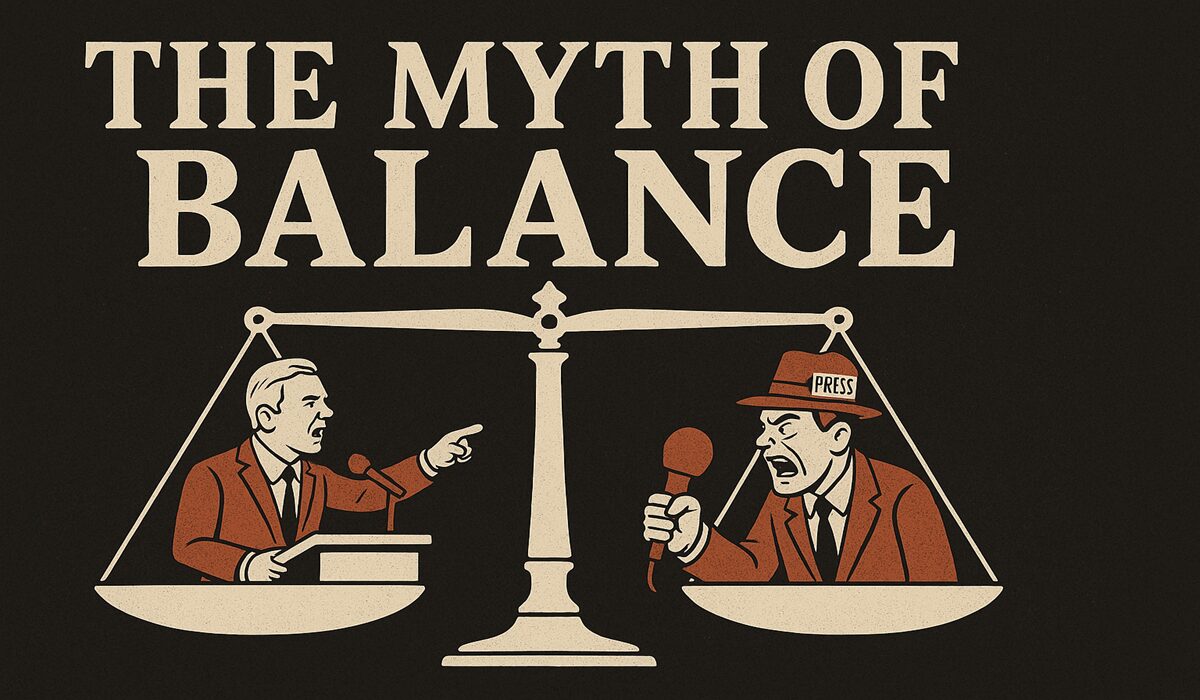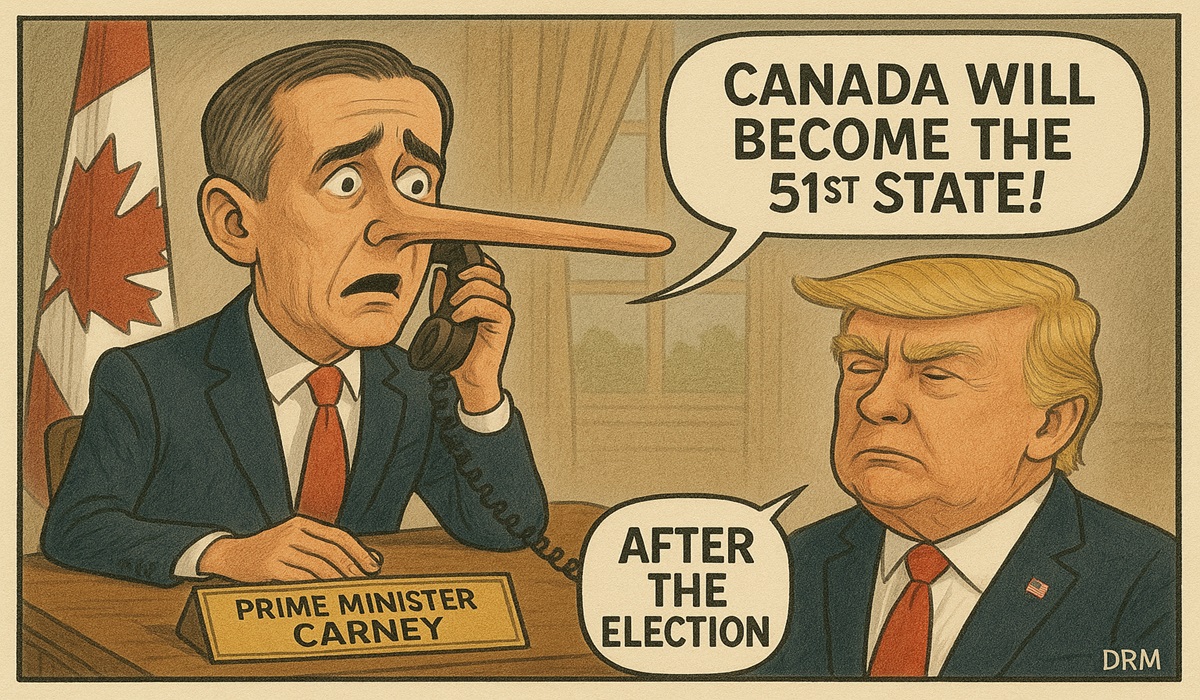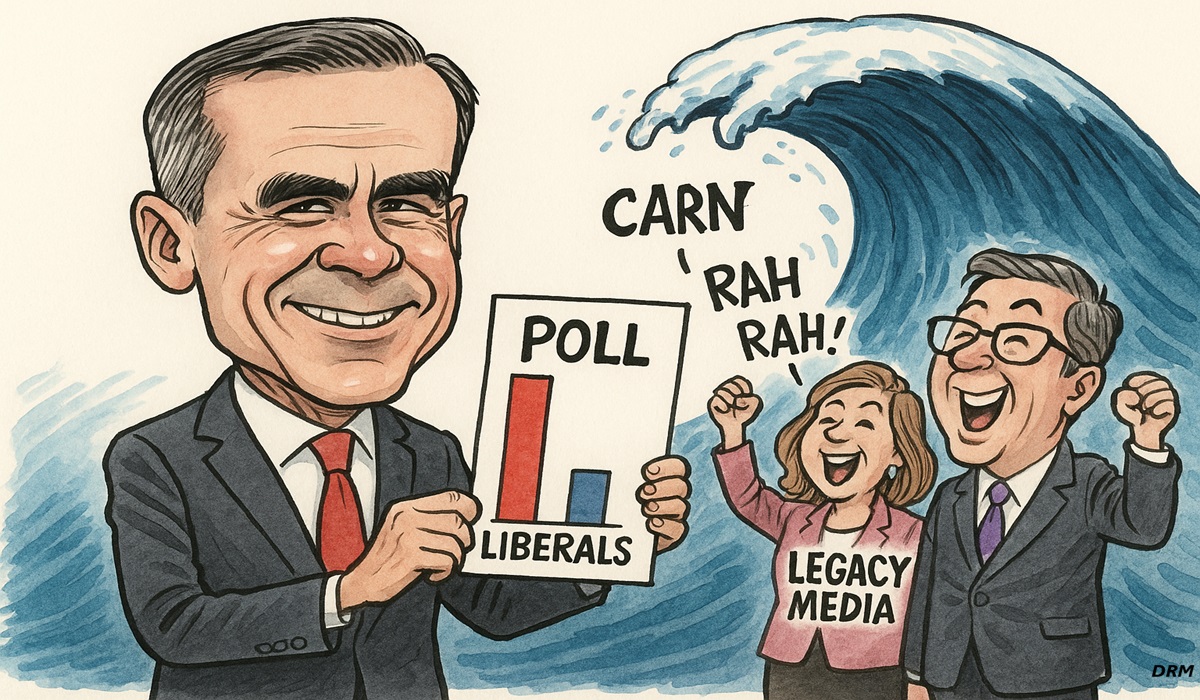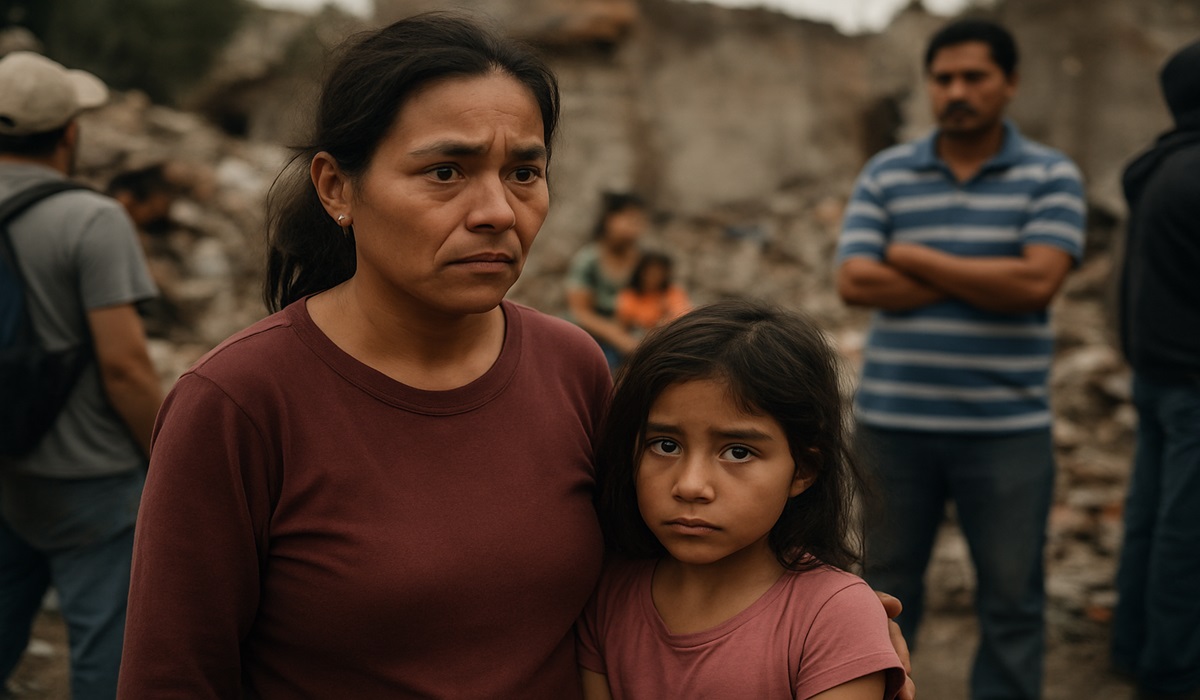Breaking the Cycle of Exploitation: Burkina Faso Cancels €220 Million Airport Agreement
- TDS News
- Africa
- D.O.C Supplements - Trending News
- September 19, 2024
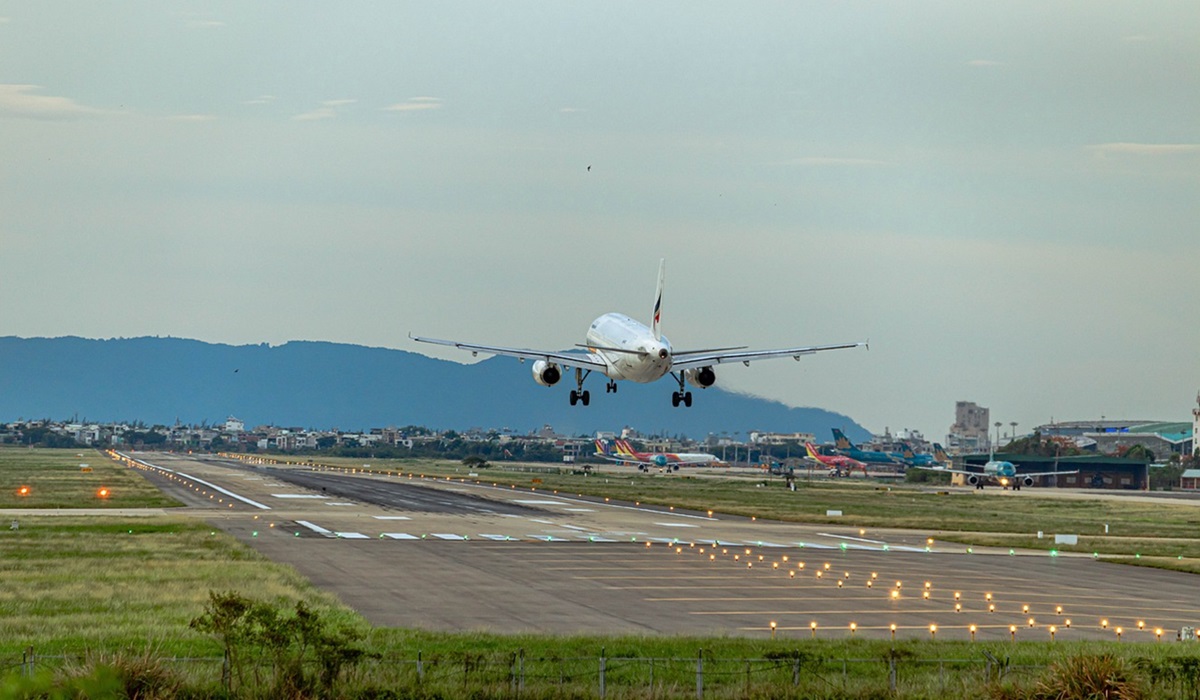
Image Credit,
For decades after the supposed fall of colonialism, African nations have continued to suffer as their resources are exploited by Western powers, corporations, and international organizations. Despite gaining independence, these countries remain economically vulnerable due to deals that favor foreign interests. Burkina Faso, like many African nations, has been subjected to such arrangements, but under the leadership of President Ibrahim Traoré, a new era is emerging. His rejection of a €220 million airport deal with the French company Meridian is a significant step toward reclaiming national sovereignty.
The deal, which was intiated by former president Roch Marc Christian Kaboré in October 2021, allowed Meridian to build and operate the new Johnson Ouagadougou Airport. This airport was set to replace the existing Ouagadougou Tamsi Airport, which has been in operation since the 1960s. The French company, along with its partner Airport Marseille Provence (AMP), was granted a 30-year concession to design, finance, operate, and maintain the airport. At first glance, this deal might seem like a typical infrastructure project designed to boost Burkina Faso’s development. However, the details of the agreement reveal a much darker picture of economic exploitation.
The most glaring issue with the deal is the duration of the concession period. Thirty years is an unusually long time for a foreign company to control a major national asset like an airport, especially when its financial contribution to the project is minimal. Most of the financing for the airport was sourced through loans taken out by Burkina Faso from international institutions such as the World Bank and the African Development Bank. Despite this, Meridian was set to reap the financial benefits of the airport’s operation for three decades while Burkina Faso would be left to pay off the loans, including interest.
This arrangement raises fundamental questions about how such deals are struck in the first place. Why would any government agree to hand over control of a critical national infrastructure to a foreign entity that would contribute so little to its construction? The concession period and the terms of the deal were clearly designed to benefit Meridian and its partners, while Burkina Faso would shoulder the financial risks. In addition to the excessively long concession period, the taxation regime established by the deal allowed Meridian to pay very little in taxes to the Burkinabe government. Essentially, the French company would control the airport, collect the profits, and subscribe to almost nothing in return, all while Burkina Faso was responsible for repaying the loans that financed the project.
This type of arrangement is, unfortunately, not uncommon in Africa. For years, governments across the continent have entered into deals with foreign companies that extract wealth from African resources while offering little in return. These deals often favor the interests of former colonial powers or multinational corporations, leaving African nations heavily indebted and economically weakened. The airport deal in Burkina Faso is yet another example of how these exploitative agreements continue to undermine African sovereignty.
President Traoré’s rejection of the airport deal marks a critical turning point in Burkina Faso’s fight against foreign exploitation. His recognition of the fundamentally unjust nature of the agreement, moved swiftly to terminate it. The Burkinabe government identified several flaws in the deal, including the excessive concession period, the unfair taxation terms, and discrepancies between the contract’s provisions and international legal standards. His administration was not willing to allow a foreign company to profit from Burkina Faso’s infrastructure while the country bore the financial burden.
The Burkinabe transport minister, in defending the decision to terminate the contract, emphasized that it was unacceptable for a private company to control the airport for 30 years when its financial contribution was so small. He also pointed out that many of the agreement’s clauses contradicted both domestic and international legal provisions, further justifying the decision to end the deal. The government’s bold move to cancel the agreement sends a clear message: Burkina Faso will no longer tolerate exploitative arrangements that benefit foreign corporations at the expense of its people.
Traoré’s rejection of the airport deal is a significant victory for Burkina Faso, but it is also part of a larger struggle for economic sovereignty. Like many African nations, Burkina Faso has been trapped in a cycle of exploitation, where foreign companies profit from its resources while the local population sees little benefit. This exploitation is often masked as development aid or investment, but the reality is that these deals rarely benefit the people they are supposed to help.
The rejection of the deal also reflects a growing movement across Africa to push back against foreign exploitation. For too long, African leaders have signed away their countries’ resources in exchange for loans or short-term investments that enrich foreign corporations while leaving African nations saddled with debt. Traoré’s leadership represents a break from this pattern, as he prioritizes the interests of the Burkinabe people over the interests of foreign investors. His decision to cancel the airport agreement is a powerful statement that Burkina Faso’s resources and infrastructure will be used to benefit its own citizens, not to line the pockets of foreign companies.
As Burkina Faso moves forward, the rejection of the French airport deal marks the beginning of a new chapter in the country’s history. While there are still challenges ahead, including the repayment of loans taken out by previous administrations, Traoré’s commitment to economic independence offers hope for a brighter future. Under his leadership, Burkina Faso is taking back control of its resources and infrastructure, and in doing so, it is setting an example for other African nations.
The end of colonialism was supposed to usher in a new era of independence and self-determination for African nations, but the reality has been far more complicated. For too many countries, independence has been undermined by economic exploitation, as foreign companies and former colonial powers continue to exert control over African resources. Burkina Faso’s airport deal is just one example of how this exploitation persists in the modern era, but under Traoré’s leadership, the country is fighting back.
Traoré’s decision to terminate the agreement with Meridian is a bold move that challenges the longstanding patterns of exploitation that have plagued Burkina Faso and other African nations for decades. By rejecting this exploitative deal, Traoré is making it clear that Burkina Faso’s future will not be dictated by foreign corporations or former colonial powers. Instead, the country is reclaiming its sovereignty and charting a new path forward, one where its resources benefit its people, not the interests of foreign profiteers.


